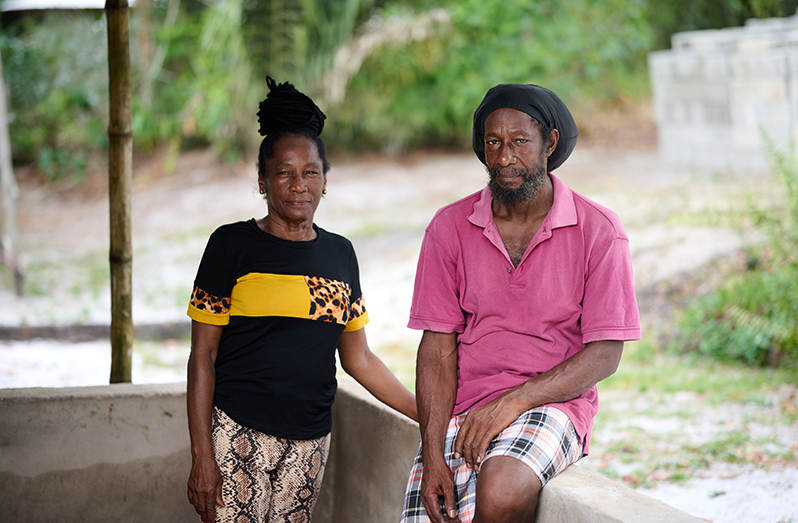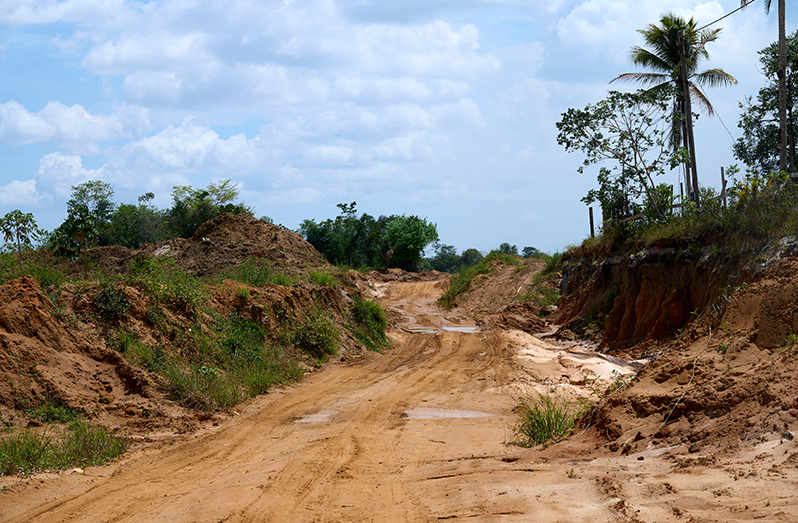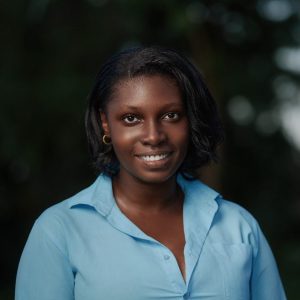The problem with living off the land
NESTLED among a winding red road with an ever-mysterious black water lake running alongside it is the village of Dakara. It is home to a diverse assortment of villagers. Upon first glance, the village seems not very different from its surrounding counterparts. Dakara and its famed creek are located just a few miles away from Timehri. But the village is unique in its appearance and the people that live there. Home to just a few families and workers seeking employment in the village, Dakara is unapologetically an authentic rustic little village.
But the village is different in one simple way. The neighbouring communities house small farms and plots of kitchen gardens running up and down the hillside. But there is little to no farming of any kind done in the village. A few residents attempt farming in the village, but they state their attempts have been largely unsuccessful. The villagers say that they are struggling to reap what they sow.

Richard LaCruz has called the village of Dakara home for more than 33 years. The 56-year-old spent a large part of his life in neighbouring Timehri. But Richard considers himself a tourist, having moved quite a lot before finally settling in the village of Dakara. “I was small and I moved a lot. Wherever my family went, I went. And because of schooling, we came to Timehri. I finished school and I decided to get a place to call my own, and I came here.”
After completing school, a young and enthusiastic Richard settled in Dakara. Seeking to make a living and provide for himself, Richard turned to farming and it was a good and sustainable lifestyle, Richard stated, but only for a while. “We used to do farming. We had eddoes and plantains and things like that.” Both Richard and his wife, Rachael Mars, call themselves farmers. And they both express a love for plants and nature. Looking at Richard’s home today, the couple’s passion for farming is evident. With their home beautifully decorated with flowering plants. But cash crops and provisions no longer grow on the land. “You can’t plant anything on the land. From the moment you step onto the land, it starts shaking,” he said.
Dakara is a village built on hills of loam and has thus been a hotspot for mining the red material. And while the clay-like soil is mined to the far end of the village, residents say that they feel its effects everywhere. Citing the mining as the reason why the land has become unstable and barren. “Nothing can grow here anymore. It’s just fish, snakes and alligators now,” Richard stated.
The land behind his home, which was once used for farming, is now unable to support any vegetation except grass and weeds. Some other residents explained that with the mining being done so close to the village, the constant digging of the soil in some parts of the community has weakened the soil in other areas. The residents believe that this, coupled with farming being done for several years in Dakara, has left the land lacking nutrients capable of supporting plant life.

The village not being suitable for farming has probably contributed to the decline in the population. Richard recounted that 20 or 30 years ago, the village of Dakara was home to twice as many people as it sees today. He reminisced on the early years when the community housed a resort. He described it as when the village had many more people traversing the streets, and with more visitors came more jobs.
With the prospects of continued farming dwindling, Richard has taken up construction inside and outside the village to survive. “I now do outside construction. Because we can’t do the farming like we used to,” he stated. Similarly, many villagers seem to have taken to looking beyond Dakara for employment.
But if the opportunity does ever present itself once more, Richard is happy to return to farming. Despite the challenges faced in the village, he is still proud to call Dakara home. In talking about the community, he described it as a quiet place; a place where the only noise to speak of is the sound of planes taking flight and howler monkeys in the morning. “This is a place where you do your work and come home to relax. There isn’t anybody to tell you anything,” he said.
Dakara is a village that has a natural beauty and captivating wildlife. When asked about the importance and significance of farming, Richard said that farming is a way of life. “When you farm, you are never hungry.”





.jpg)








